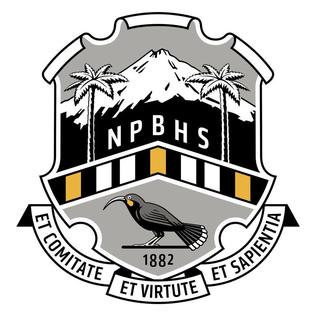The 2nd New Zealand Parliament was a term of the Parliament of New Zealand. It opened on 15 April 1856, following New Zealand's 1855 election. It was dissolved on 5 November 1860 in preparation for 1860–61 election. The 2nd Parliament was the first under which New Zealand had responsible government, meaning that unlike previously, the Cabinet was chosen by Parliament rather than by the Governor.
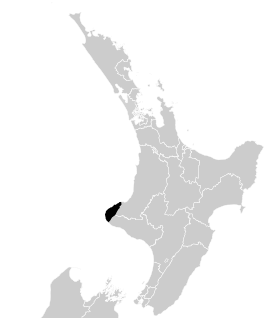
New Plymouth is a New Zealand parliamentary electorate. It was first created for the 1st New Zealand Parliament in 1853 and has existed since, with one 32-year interruption. The electorate was initially called Town of New Plymouth.

George Hutchison was a New Zealand politician from Taranaki.

John Duthie was a politician and businessman in New Zealand. Originally from Scotland, he came to Auckland in 1863. He set up his own ironmongery in New Plymouth, then Wanganui, and he finally settled in Wellington. In the latter city, he was mayor for one term. He then represented Wellington in Parliament for a total of eleven years. For the last two years of his life, he was appointed to the New Zealand Legislative Council.
Joseph Augustus Tole was a 19th-century New Zealand politician, and Minister of Justice from 1884 to 1887.
Omata was a New Zealand electorate. It was located in Taranaki and based on the township of Omata. One of the original 24 electorates, it existed from 1853 to 1870.
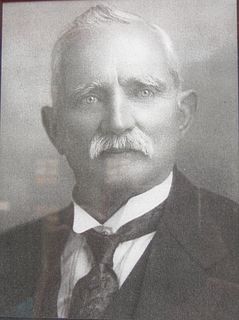
Cecil Henry Clinkard was a United Party Member of Parliament in New Zealand, and the first Mayor of Rotorua.

Alfred Levavasour Durell Fraser was a Liberal Party Member of Parliament in New Zealand.

Charles Edward Button was a solicitor, Supreme Court judge, Mayor of Hokitika and later Birkenhead, and an independent conservative Member of Parliament in New Zealand. Born in Tasmania, he came to New Zealand with his wife in 1863. He first lived in Invercargill, then in Westland, and after a brief period in Christchurch, he settled in Auckland. He was an MP for two periods, and when he was first elected to Parliament, he beat his colleague, friend, political opponent and later Premier Richard Seddon; this was the only election defeat ever suffered by Seddon.
The third New Zealand Parliament was a term of the Parliament of New Zealand. Elections for this term were held between 12 December 1860 and 28 March 1861 in 43 electorates to elect 53 MPs. Two electorates were added to this during this term, Gold Fields District and a new Dunedin electorate created by splitting the existing City of Dunedin into Dunedin and Suburbs North and Dunedin and Suburbs South, increasing the number of MPs to 57. During the term of this Parliament, six Ministries were in power.

Richmond Hursthouse was a 19th-century Member of Parliament in Nelson, New Zealand, and a cabinet minister.
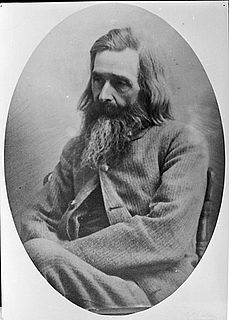
Thomas King was a 19th-century New Zealand politician. He served in the first two Parliaments, and was otherwise active in New Plymouth. He was one of the first settlers, coming out on the first ship to New Plymouth in 1841.
The 9th New Zealand Parliament was a term of the Parliament of New Zealand.
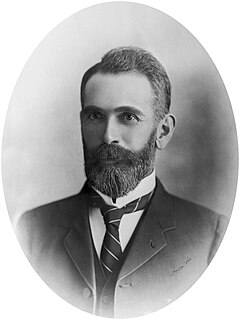
James McCosh Clark was mayor of Auckland, New Zealand, in the 1880s. He was a successful businessman until many of his ventures failed during the depression of the 1880s, causing him to return to England for the last decade of his life. He was the son of Archibald Clark.
Francis Joseph Mace, also known as Frank Mace, was a Taranaki settler whose exploits during the Taranaki Wars earned him much praise. Chief among his awards was the New Zealand Cross, the highest colonial gallantry award available in New Zealand.
The Taranaki by-election of 1907 was a by-election for the electorate of Taranaki held on 14 May 1907 during the 16th New Zealand Parliament.

Charles William Purnell was a New Zealand soldier, journalist, lawyer, and publisher of political and scientific texts.
Robert Edward Hornblow was a New Zealand politician, auctioneer, reporter and newspaper proprietor.




